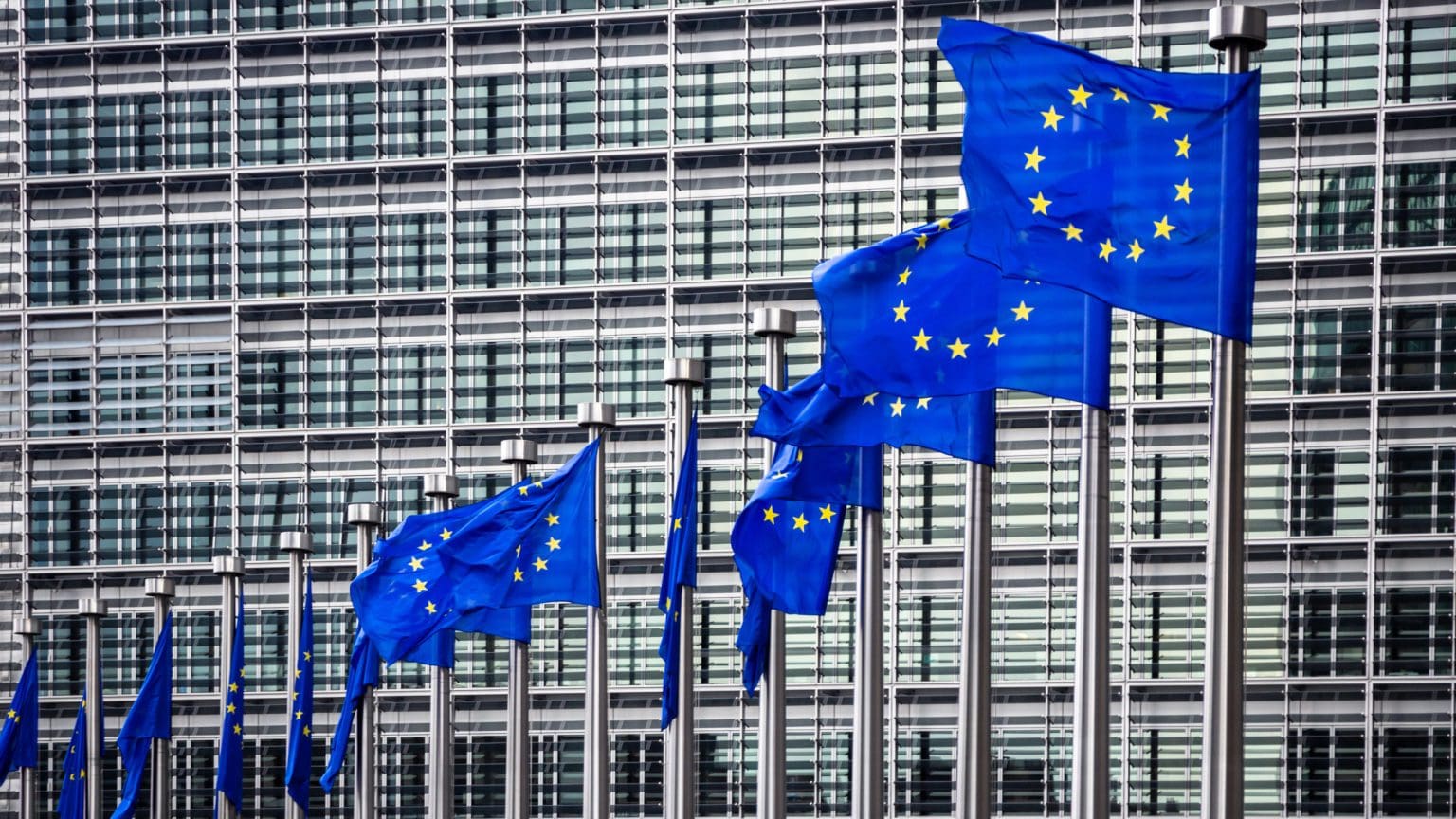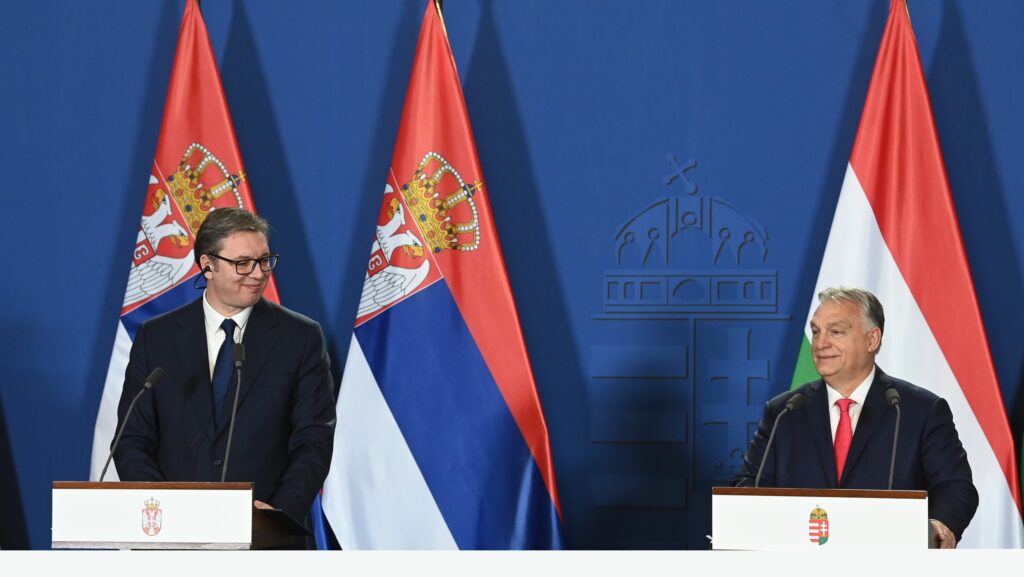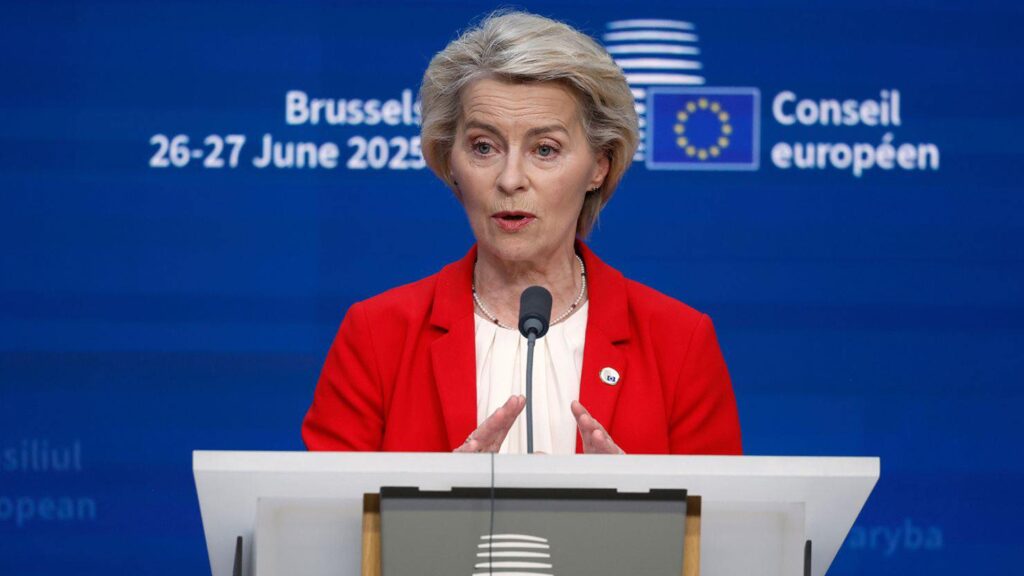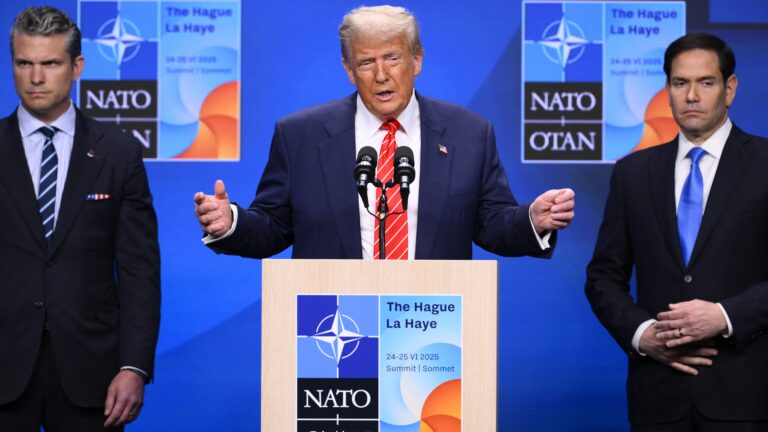The idea of abolishing unanimity on key foreign policy and defence issues has recently resurfaced, as some countries, led by Germany, have put reforming foreign policy and defence decision-making back on the agenda after years of divisive debates on the issue. The planned reforms in the area of foreign and security policy are currently supported by a group of nine countries: Belgium, Finland, France, Germany, Italy, Luxembourg, the Netherlands, Slovenia and Spain. These Member States have launched a call for a review of decision-making regarding the EU’s Common Foreign and Security Policy.
According to a joint statement by the proponents, by abolishing unanimity and introducing a majority system, they aim to ‘improve the efficiency and speed of our foreign policy decision-making in light of Russia’s war of aggression against Ukraine and the growing international challenges facing the EU. EU foreign policy needs adapted processes and procedures to strengthen the European Union as a foreign policy actor, and better decision-making is key to making the EU fit for the future.’
EU member states and institutions generally agree that the bloc often acts too slowly, especially in crisis situations, but previous attempts to change the voting method have failed. It is unlikely that it will be easy to achieve real results this time either, as taking away the institution colloquially referred to as a ‘veto’ would be unacceptable to smaller countries, especially Central European states.
Such a development, in fact, would lead to a possible loss or, in any event, a significant weakening of their ability to assert their interests within the Union.
The Current Decision-making Mechanism in the Council
The Council of the European Union plays a key role in decision-making in the EU, which, along with the European Parliament, is the most important co-legislative body of the Union. The Council of the European Union should not be confused with the European Council, because while the members of the European Council are the heads of state or government of the 27 EU Member States, the members of the Council of the European Union are the ministers of the governments of the member states responsible for specific policy areas. Based on their composition, several Council configurations are distinguished, among which the Council of Foreign Ministers and the General Affairs Council occupy a special place. These two bodies deal with larger, more comprehensive and varied topics, which are often politically sensitive, while the other councils are purely policy-based.
According to the Treaty on the Functioning of the European Union (Articles 237–243), the Council’s activities include, in addition to EU legislation, coordination of the broad economic policies of the Member States, signing agreements with third countries, approving the EU’s annual budget, coordinating EU foreign and defence policy and the judiciary. Of these, the Western Member States mentioned above would radically transform the decision-making practice established so far in foreign and security policy issues, but that will not be easy to do.
The Current Voting Rules in the Council
First and foremost, there is unanimity (consensual) decision-making, so in this case the agreement of all Member States is required to act. This was evident as integration developed, but with the enlargement of the community, achieving unanimity became increasingly difficult, as the organisation soon absorbed Member States with different geographical, social and economic conditions. Therefore, the role of unanimity has gradually declined and is now used only in priority issues for member states, such as foreign policy or security policy, areas essential for state sovereignty, where member states would like to retain their ‘right of veto’.
Another way of making decisions is through a simple majority. By a simple majority, the adoption of the proposal requires the support of more than half of the Member States, but it is important to point out that this method of decision-making has now become marginal and is used only for procedural matters.
Finally, we must mention the institution of the so-called double majority, introduced by the Treaty of Lisbon, which, in fact, is a special case of qualified majority. In parallel with EU enlargement, decisions by qualified majority have become increasingly common compared to unanimity. This is due, among other things, to the fact that decision-making by consensus has become more and more difficult in the community consisting of a larger number of members that have divergent interests. However, EU qualified majority voting differs from qualified majority voting known in Hungarian constitutional law, as EU legislation prescribed several cumulative conditions for a successful vote in areas requiring qualified majority.
For instance, a proposal can only be adopted on matters requiring qualified majority if it is supported by at least 55 per cent of Member States and represents at least 65 per cent of the EU population. However, the fulfilment of these conditions does not mean that a proposal should be considered adopted, since Member States opposing the decision still have the possibility to intervene. This is because a group of Member States may constitute a so-called blocking minority. The Treaty of Lisbon stipulates that a blocking minority must be made up of at least four Member States and represent at least 36 per cent of the EU’s population. If this condition is not met, a qualified majority shall be deemed to have been reached even if the number of inhabitants of the Member States supporting the decision is less than 65 per cent.
The Commission’s plans to extend qualified majority voting in the EU to other key policy areas or foreign policy-making would further reduce the powers of individual Member States in general by including more regulated areas in this controversial decision-making structure. The political weight of medium-sized countries (including several Central and Eastern European countries) would be reduced. Furthermore, with the withdrawal of the United Kingdom, which was more sensitive to sovereignty issues, it has become almost impossible to use a blocking minority under the current political balance.
This would put another nail in the coffin of European cooperation based on the equality of Member States, envisaged by the founding fathers. In fact,
changing decision-making in areas crucial to state sovereignty would create a specific system of majority tyranny,
where, although it would be easier to adopt a Council position and bring together a majority of votes, this would further deepen political divisions and ultimately undermine the democratic functioning and legitimacy of the Union as an institution, and the long-term consequences of this would be unforeseeable in today’s already uncertain times of crisis.
However, there are still many obstacles to the reform, as the agreement of 14 of the 27 Member States is required to start negotiations on treaty changes, while any legally binding agreement would require ratification by all 27 EU Member States. Another obstacle is that some EU Member States are likely to hold referenda on the issue, as it happened in 2005 in the case of the Constitutional Treaty. In the current situation, therefore, we can say with confidence that for the time being, the idea put forward by stronger Member States to reform foreign and security policy decision-making will remain a mere pipe dream, as it is highly unlikely that Member States fearing for their sovereignty would give their blessing to change.








